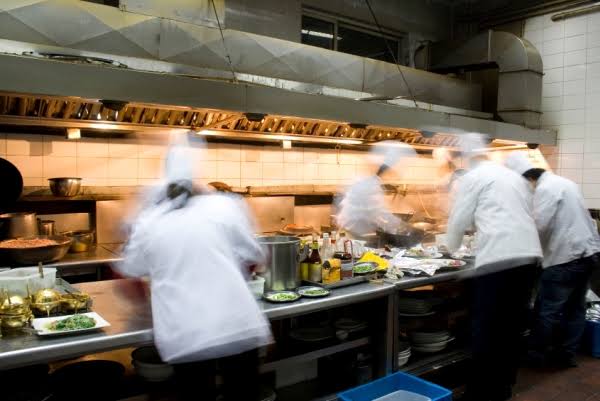The Impact of COVID-19 on Canada’s Tourism Industry
The COVID-19 pandemic brought unprecedented disruption to Canada’s tourism sector, affecting every corner of the industry, from hospitality and travel services to cultural attractions and events. The crisis led to a sharp decline in both international and domestic travel, leaving many businesses struggling to survive. As restrictions were imposed to limit the spread of the virus, the tourism industry faced not only economic challenges but also long-term changes in traveler behavior and expectations.
Economic Losses and Business Closures
Before the pandemic, Canada’s tourism sector was a multi-billion-dollar industry employing hundreds of thousands of people. The sudden drop in travel demand caused massive revenue losses, forcing many operators to shut down temporarily or permanently. Small and medium-sized businesses, which form the backbone of the tourism industry, were particularly vulnerable. The impact was felt across hotels, restaurants, travel agencies, and tour operators, many of which relied heavily on seasonal income.
Decline in International Tourism
International visitors are a significant source of revenue for Canada, especially in cities like Vancouver, Toronto, and Montreal, and destinations such as Banff and Niagara Falls. With global travel restrictions in place, international arrivals dropped dramatically. This decline not only affected direct tourism spending but also had a ripple effect on retail, transportation, and entertainment sectors that depend on foreign tourists.
Shift to Domestic Travel
While international tourism struggled, domestic travel became the primary source of revenue for the industry. Canadians turned to exploring their own country, visiting rural and outdoor destinations that allowed for physical distancing. This shift created opportunities for local tourism operators to adapt their offerings and promote lesser-known attractions. However, domestic travel could not fully replace the economic benefits of international visitors.
Adoption of Safety Measures and Technology
To rebuild traveler confidence, businesses in the tourism sector adopted strict health and safety protocols. Contactless payments, online bookings, and virtual tours became more common, as technology played a central role in minimizing physical contact. Hotels, airlines, and attractions invested in sanitation measures and communicated these efforts to reassure customers.
Government Support and Recovery Efforts
The Canadian government introduced various relief programs to help businesses survive the downturn. Wage subsidies, rent assistance, and targeted funding for tourism-related businesses helped stabilize the sector during the worst months. Additionally, marketing campaigns were launched to encourage Canadians to travel domestically and support local tourism.
Long-Term Changes in Traveler Behavior
COVID-19 has reshaped how people think about travel. Many travelers now prioritize health safety, flexibility in bookings, and outdoor experiences over crowded urban attractions. The demand for eco-tourism and sustainable travel options has grown, as people seek more meaningful and nature-based experiences. These changes are likely to persist even as international travel resumes.
Opportunities for Post-Pandemic Growth
While the industry continues to recover, there are opportunities for growth through diversification and innovation. Canada can focus on:
- Promoting year-round tourism instead of seasonal peaks
- Expanding eco-tourism and indigenous tourism initiatives
- Enhancing digital marketing to reach global audiences
- Investing in sustainable infrastructure and travel experiences
The COVID-19 pandemic dealt a severe blow to Canada’s tourism industry, but it also opened the door to new opportunities for adaptation and resilience. By embracing innovation and focusing on safety, sustainability, and unique travel experiences, Canada can rebuild its tourism sector stronger than before.




Nice article and informative
Good
Nice